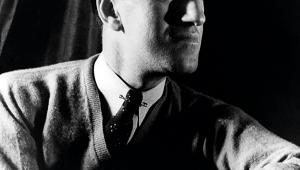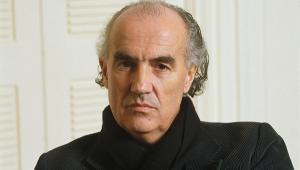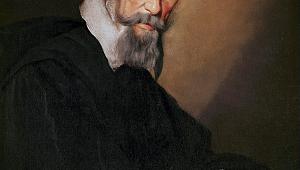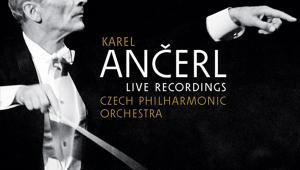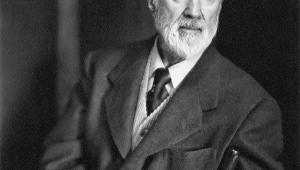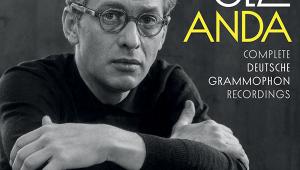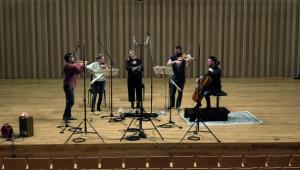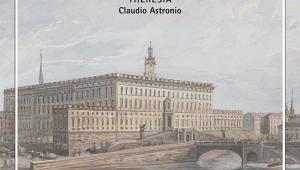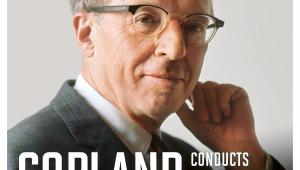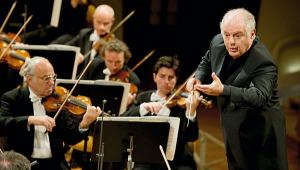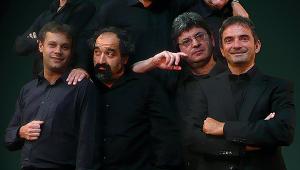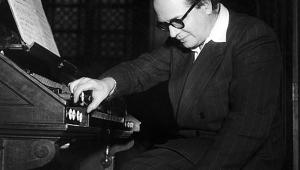Puccini Il Trittico

By rights, every major opera company should be mounting Il trittico in this Puccini anniversary year, marking the centenary of his death. Yet they will likely revive the reliable house-fillers of Butterfly, Tosca and Turandot, and the reasons are not hard to find. Trittico lacks a true diva role. It demands instead a tightly knit company cast of diverse talents, and a conductor and director who both believe in the unity of the whole as its composer did.
Triple Shot
In the autumn of 1913, Puccini was at the height of his powers when he began work on Il tabarro. He had mulled over a triple bill of one-act operas ever since the success of Tosca in 1901, but the chemistry of elements proved elusive. Only having set aside one librettist for another, Giovacchino Forzano, did he find what he needed in the 'opera claustrale-monacale' of Suor Angelica and the commedia dell'arte satire of Gianni Schicchi.
Delayed by war, the trilogy's premiere took place in December 1918 at the Metropolitan Opera in New York, where it fell flat despite a cast of legends led by Geraldine Farrar (the Butterfly of her day) as Angelica. One verdict stood for the rest: 'Musically, the event was of negligible importance'. While the wit and charm of Schicchi won friends everywhere, especially once torn from its companions, the spiritual radiance of the 'nun opera' (Puccini's term) was taken for mawkish sentimentality. This distressed the composer, who had played parts of Suor Angelica at the convent where his sister Iginia was Mother Superior, and found the sisters moved.
It is in the disparate nature of the project that we should play favourites, according to our own tastes, as we do with the trilogy of Mozart/da Ponte operas. Such games tell us little. Experienced as a whole, the trilogy draws out threads of claustrophobia and devotion which run through Puccini's output, and how the new wine of hyper-naturalism can be poured into old vessels of genre-type: the down-and-dirty tragedy, the sacred drama, the domestic comedy.
'Make 'em cry; make 'em laugh'; make 'em wait': in what became his last completed work for the stage (with only Turandot to come), Puccini set aside the broad brush for the sketch pen. Evoking at once the sluggish flow of the Seine and the ennui of Giorgetta, the first eight bars of Il tabarro achieve much more than scene-setting. Both live and in the studio, Antonio Pappano attends to the ticking quavers, parallel fourths and fifths and a melody, full of internal repetitions, that floats in some modal netherworld, suggesting but never quite settling on a tonal centre.
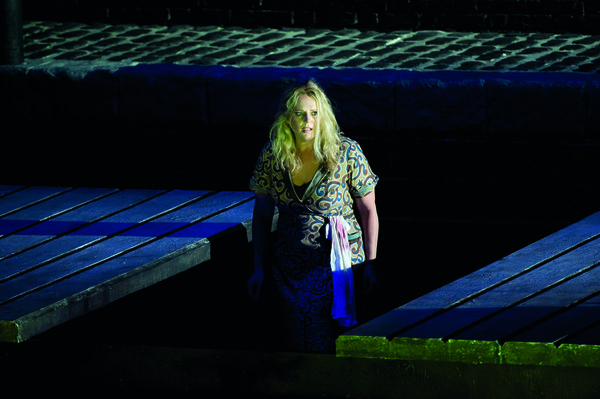
Knife-edge
drama: Eva-
Maria Westbroek
as Giorgetta in
the Royal Opera
staging of Il
tabarro
No Less Modern
Puccini first heard Petrushka in the week he saw the play on which he based Il tabarro, but a Stravinskian pungency of rhythm and modal tang of harmony filters through to the second and third panels of the trilogy. Likewise, the orchestral textures of the first two parts are shot through with a shifting, Debussyan translucency, making it more 'conductor's opera' than earlier Puccini works.
In these respects and more besides, Il trittico is no less 'modern' than the work of the composer's contemporaries. Ever sensitive to theatrical innovation and transgression, Puccini must have become aware of the slowly spreading success of Janácek's Jenufa as he made progress on Suor Angelica. Both pieces share the central tragedy of a dead infant and the unyielding refusal of a childless older woman to feel the plight of the young heroine.
The vision of the Virgin at the end of Suor Angelica forms the crux of the trilogy as a whole. Audiences and singers alike are wrung out by Angelica's climactic aria 'Senza mamma' - Renata Tebaldi never sang the role on stage, she said, because she would not be able to control her emotions - and so the moment of redemption needs careful handling. In his Salzburg staging of 2022, Christof Loy remade Puccini's dramatic trajectory, opening with Schicchi and closing with Suor Angelica.
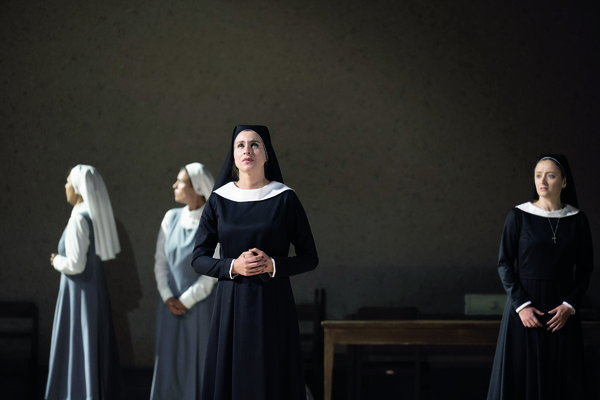
Death
and
transfiguration:
Asmik Grigorian
as Angelica in
Christof Loy’s
staging for
Salzburg
Against The Grain
An excess of 'director's theatre', some will grumble, but there is a devastating truthfulness of expression - verismo - to Loy's direction, and to the singing of Asmik Grigorian in the central role of all three parts. The modern dress, the casting and the velour-covered finesse of the Vienna Philharmonic Orchestra all run against the grain of a performing tradition, but in doing so they renew Puccini's modernity for our own time.
So too, at Covent Garden in 2013, did director Richard Jones. In harness with Pappano, paying respect to the trilogy's original order, he brought a light touch and a sardonic laugh to the sly and bitter social commentary of Schicchi. Song and recitative blur in a late-style homage to Verdi's Falstaff as the grasping relatives of the late Buoso Donati are outwitted by a rough-edged rogue (Schicchi) of uncertain motivation (care or avarice?).
In the studio, deprived of theatrical context, singers and conductors tend to overplay the knockabout episodes of Schicchi for the microphone. The brutal and sadistic close to Il tabarro is similarly laid on a bit thick by Gardelli and Maazel; contrast here Leinsdorf in the standalone recording (on RCA) with Leontyne Price and Plácido Domingo. Back in the late '50s, EMI's engineers in Rome handled the offstage effects in all three panels and the final, knowing wink to the audience, at least as well as their successors in stereo. But then they were working with casts to whom the rapid patter of Schicchi and the sincere piety of Suor Angelica came as second nature.
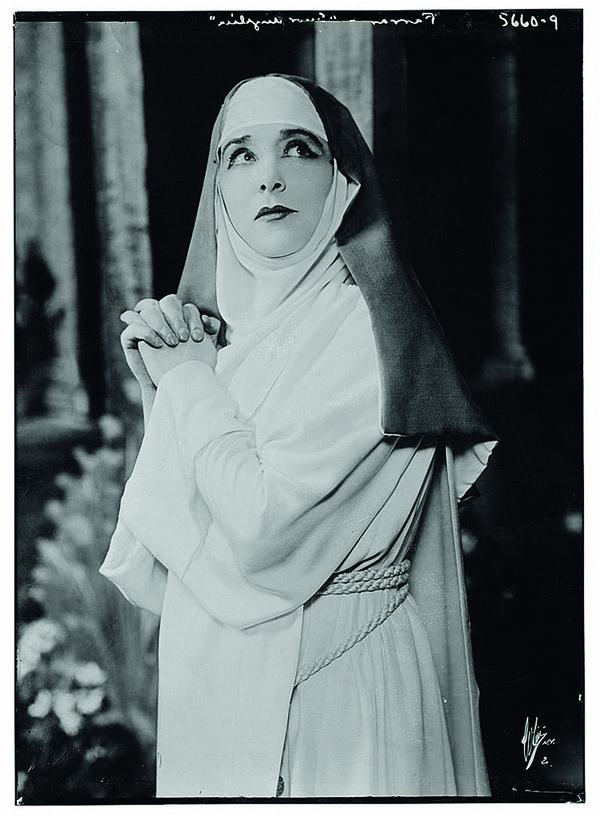
Vocal Contrast
Most of the Essential Recordings [see below] make a virtue of vocal contrast, such as the full-throttle amplitude of Eva-Maria Westbroek as Giorgetta set alongside the neurotically focused Angelica of Ermonela Jaho and the soubrettish poise of Ekaterina Siurina as Schicchi's daughter, Lauretta. Even Grigorian and Tebaldi, outstandingly versatile as they are, cannot quite prevent their assumption of all three roles from turning the trilogy into a showcase for their own talents.
We should take them as we find them. Trittico shows different aspects of itself to new generations, to no less dazzling and disorienting effect than Cosi fan tutte. And anyone who still thinks of Suor Angelica as kitsch should watch Jaho and Grigorian at work, or listen again to de los Angeles.
Essential Recordings
Westbroek, Jaho, Roh/Pappano
Opus Arte Oabd7102D (Blu-Ray)
A contrasting trio of heroines led by Ermonela Jaho's supreme Angelica, in a staging of heightened naturalism by Richard Jones.
Grigorian, Vpo/Welser-Möst
C Major 808908 (Dvd), 809004 (Blu-Ray)
A radical restaging for Salzburg in 2022, held together by the magnetic stage presence of Grigorian and forensically detailed direction.
Guleghina, Gheorghiu, Lso/Pappano
Emi/Warner 9029590063 (3Cds)
Some overdone singing for the microphone, but well cast to bring out the contrasts between each panel of the triptych.
Opera Di Roma/Bellezza, Serafin, Santini
Emi/Warner 2127142 (3Cds)
The unrivalled 'classic' of the discography, crowned by Tito Gobbi'S matchless Schicchi, in dry but serviceable studio mono.
Tebaldi, Maggio Musicale/Gardelli
Decca 4757625 (3Cds)
Realism Hollywood-style from decca'S stereo team and their box of theatrical effects, plus a '60s cast full of strong characters.
Scotto, Cotrubas, New Phil Orch/Maazel
Sony 88697527292 (3Cds)
Maazel's impressionistic ear for detail draws the best out of a starry '70s cast including a stereo reprise for Gobbi's Schicchi.

